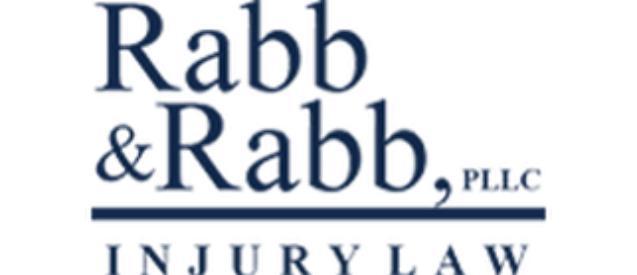Railroad workers have one of the most dangerous jobs in the United States. It’s not uncommon for railroad employees to be hurt at least once, if not more, during their careers. While injuries aren’t always serious, they can be devastating when they are. You don’t have to constantly work in fear of being hurt while on the job, but it is important for you and your family to be prepared in case the worst does happen. And if it does, you can rest assured that the competent and experienced lawyers at Rabb & Rabb, PLLC are here to help. Even if you aren't injured and need a consultation contact Rabb & Rabb for any situation at no charge.
Rights of Railroad Employees
As a railroad worker, you have rights when it comes to an injury sustained while on the job. While the burden of proof of fault does fall solely on you, certain federal laws have your back. If you’re injured we strongly recommended that you use these laws to your advantage. Federal law gives injured employees the right to:
Receive immediate medical care and be swiftly transported to the nearest hospital
Protection from harassment or intimidation from railroad officials – they are not allowed into exam rooms unless explicitly invited
Follow orders and treatment plans given by the injured party’s doctor, including going home to rest
Avoid being ushered into the railroad office for questioning following treatment of an injury
It’s also important to remember that you are not required to give statements — you only need to fill out an accident report. This is a huge part of protecting yourself during the railroad’s investigation of the incident.
What to Do Following an Accident
When an accident happens on the job, there are a few steps that you, your spouse, or someone close to you needs to take to protect yourself and help build your case against the railroad:
Get information. Collect as much information about the incident as possible – photos, documents, witness statements, anything that may help you if you decide to file a lawsuit. Remember what, where, when, who, and how. Don’t give out any information and don’t volunteer anything. Anything you say to officials could end up harming the case in the end.
Identify those who contact you. Get the names and contact information of railroad officials, union officers, co-workers, or anyone else asking about the incident. Do not allow railroad officials into your home – remember, they are gathering evidence to protect the railroad, not you.
Reach out to the union. Contact the union local chairman, president, or any union officer for additional guidance. Chances are they already know about the incident and can further assist you.
Don’t allow officials or claims agents to speak with the injured party or doctors. The doctors treating the injured worker may not know there is no workers’ compensation for employees. Have a “Notice Regarding Release of Information” entered into the victim’s medical chart to prevent officials from getting information.
Do not sign anything other than papers or documents necessary for the treatment of the injured party.
Put all expenses on the employee’s health insurance. It’s important to note the railroad will not pay for medical expenses, despite what it may say. Keep the railroad out of the medical billing.
Get the Union Designated Legal Counsel (DLC) involved immediately. The railroad protects itself – an injured employee needs immediate protection as well. The DLC has the ability to protect the injured employee, as well as his or her family.


